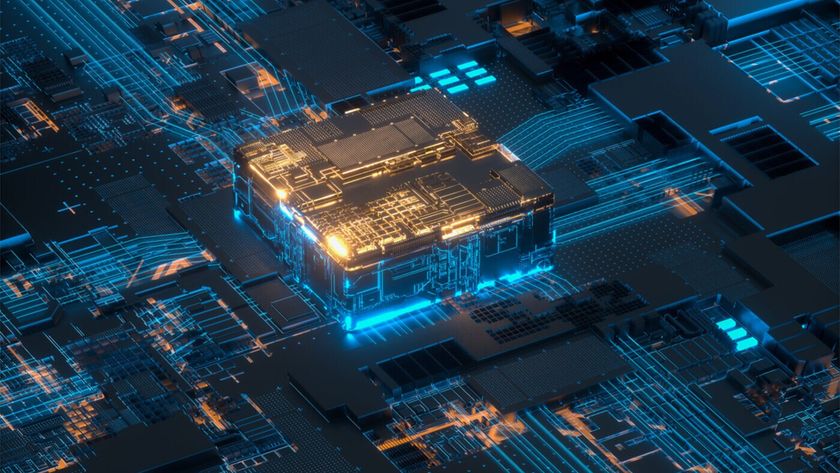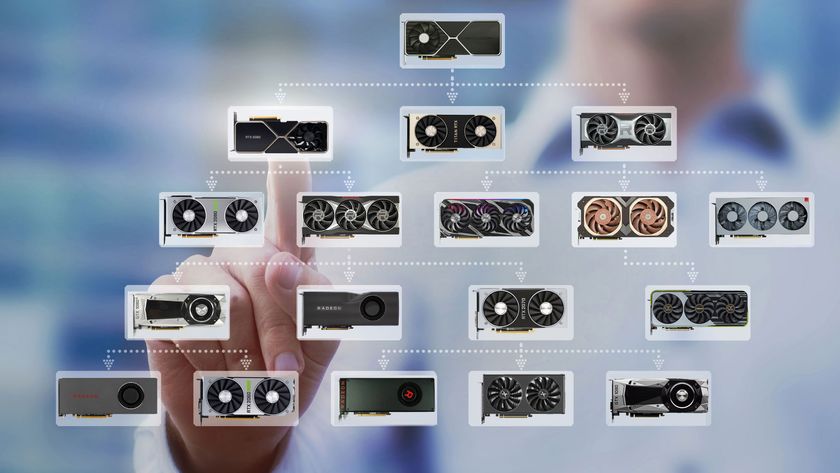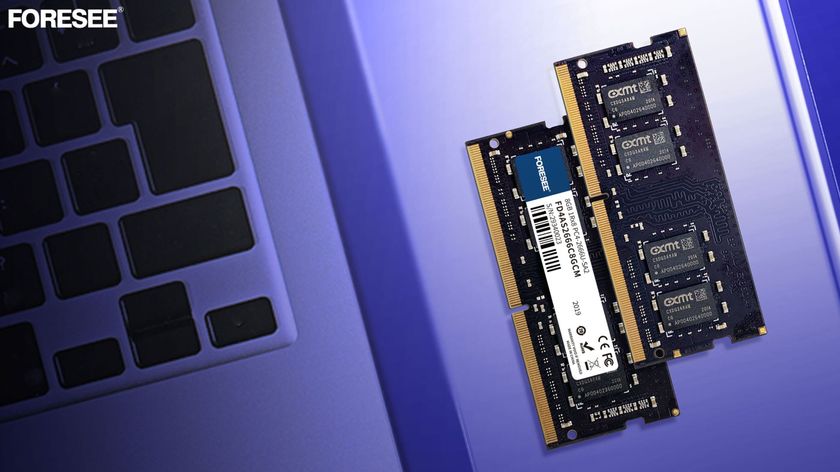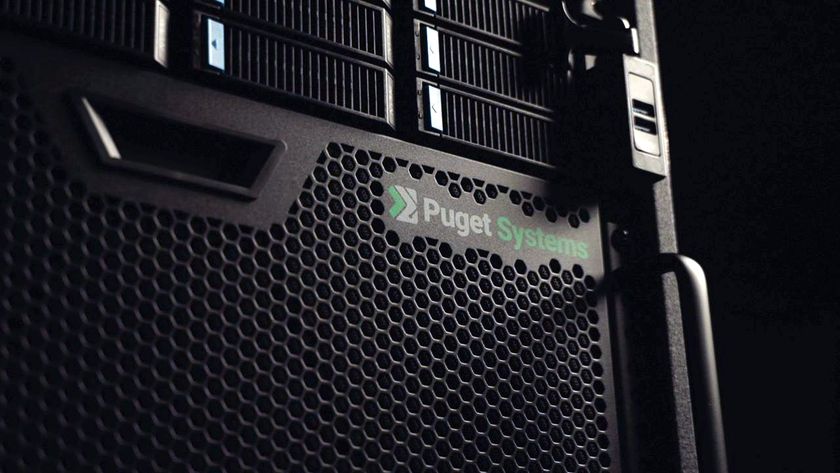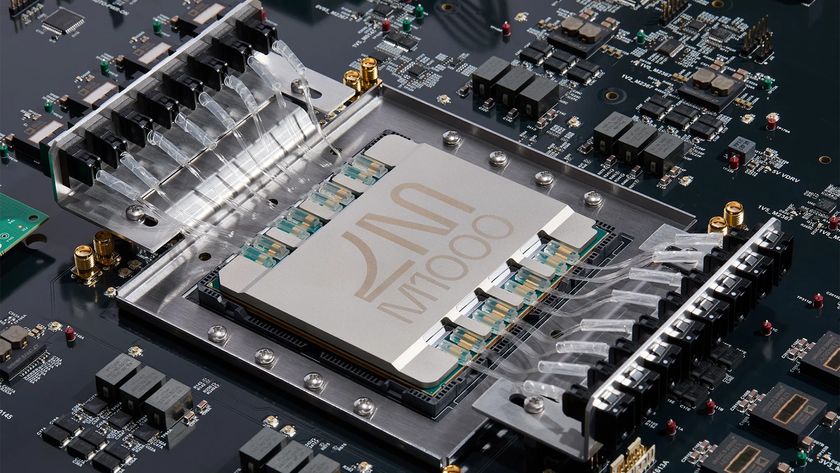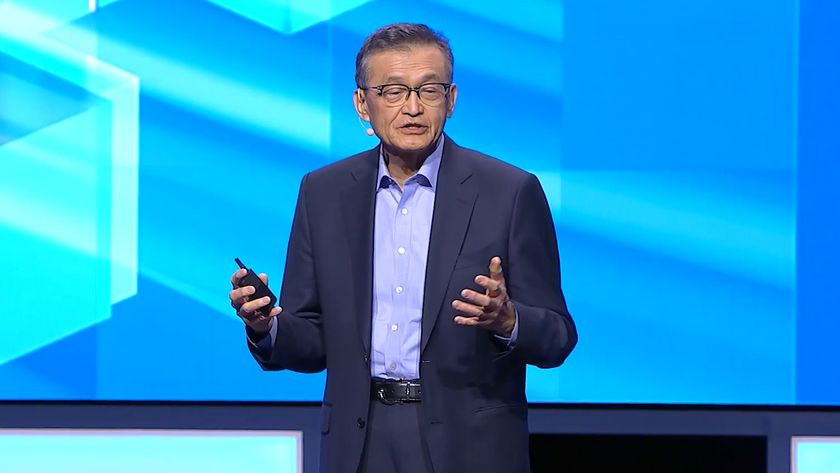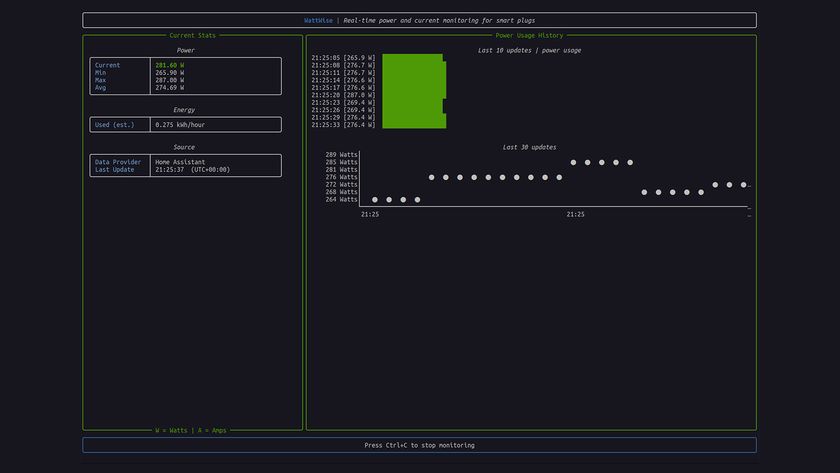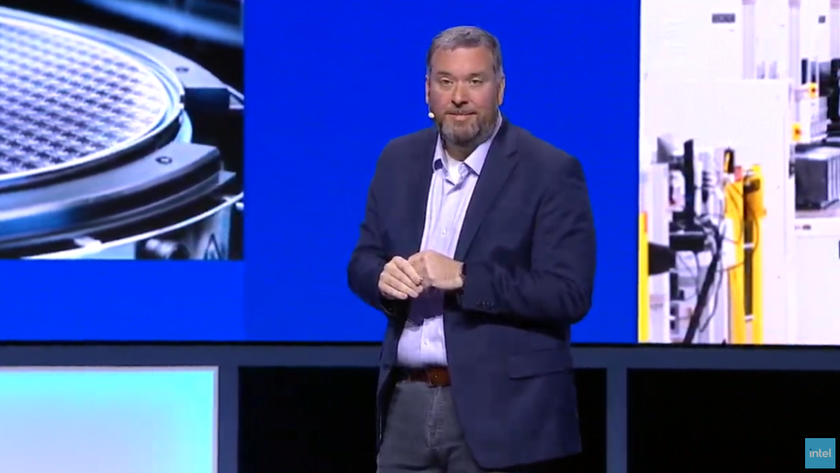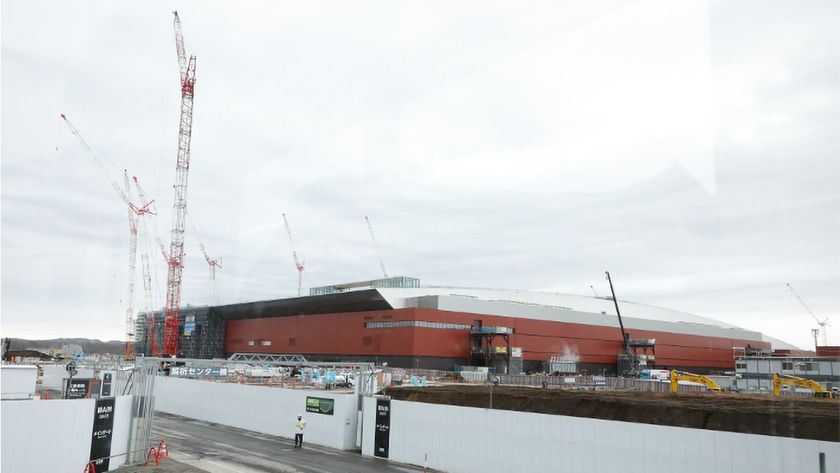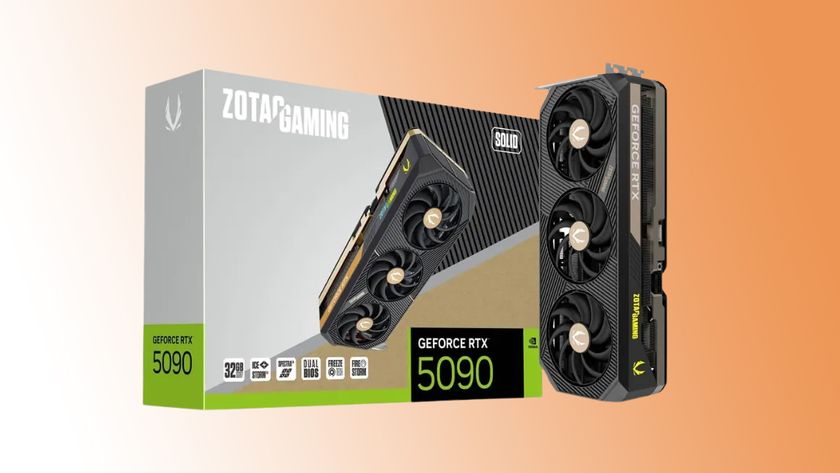AMD Completes Sale of Singapore Facility to HSBC
Done and dusted.
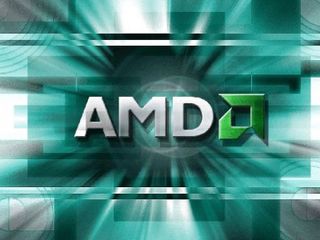
Late last month, AMD announced a proposed plan to sell off and lease back its Singapore facility. This week, the company announced that the sale of its AMD Singapore facility has been completed.
AMD this morning revealed that its Singapore subsidiary had completed the transaction to sell and lease back its facility to HSBC. According to AMD, the transaction has generated proceeds of up to $46 million (net of all fees), and AMD will record a gain of approximately $16 million related to the transaction for Q3 2013. Under the terms of the agreement, AMD Singapore will continue its operations in a portion of the Singapore facility under a 10-year sub-lease agreement with Sabana REIT.
The move is part of AMD's broader strategy to reduce investments and capital in non-core parts of the business. In March of this year, AMD entered into a transaction that saw the company sell its Austin, Texas campus to Southwest Parkway. AMD then leased it back on a 12-year agreement. That deal was said to generate approximately $164 million in cash for the chip maker.
AMD launched its Singapore subsidiary in 1984. In 2012, AMD Singapore switched from a high-volume manufacturing site to an engineering center. It currently employs approximately 500 people.
Follow Jane McEntegart @JaneMcEntegart. Follow us @tomshardware, on Facebook and on Google+.
Stay On the Cutting Edge: Get the Tom's Hardware Newsletter
Get Tom's Hardware's best news and in-depth reviews, straight to your inbox.
-
patrick47018 AMD don't sell off all your plants, you'll need them when you shove NVIDIA out of the way to be king of the GPU marketReply -
lpedraja2002 I wish I could manage AMD in the game Tropico 4. I would make them more powerful than nations!Reply -
back_by_demand Actually, the APU line is competitive at their price points. Intel don't just sell Core i7 chips, they have i5, i3, Pentium, Atom and all have respectable and healthy markets, in those markets the AMD APUs give serious competition and add vastly more impressive graphics performance - just because they aren't pushing out the $1000 superchips that less than 1% of the market actually buys does not mean they have a bad productReply -
No2rdame Meh, it's all a matter of accounting. It doesn't necessarily mean anything. This is why many companies lease their buildings rather then buy outright.Reply -
f-14 @No2rdame what owning vs. leasing is about is freeing up capital to do other things with in the case of best buy when they sold all their properties and only had 180 stores it allowed them to lease more properties and open another 240 stores, and then another 180 once those stores revenue streams came online and they were able to move right into circuit city's home town and crush circuit city the same way america did the soviet union with financial change and ruin.Reply
circuit city's problem was it expanded so much it had most of it's extra capital tied up in property and not a large enough base of users as loyal as apple users to handle the loss of income in it's home territories as well.
apple is the exception, not the norm. a well placed virus and a few key marketing moves and microsoft could end up owning any apple stock not owned by apple employees.
but that would bring up that pesky anti trust legislation again at some point.
AMD was forcibly given access to intels code right up until P2 as part of such anti trust legislation from the 1980's as intel squashed and or ate the last of it's competitors.
now just what AMD is going to do with this freed up capital is something i am curious about, is it going to use it to continue to further fund current operations or invest in a memory controller or memory bus development or expand production facilities or upgrade other production facilities idk. -
renz496 somehow i can't help amd are doing this so they can report they will have profit this quarter since they already promised a few quarters ago that Q3 2013 is the time the company will start earning positive revenue againReply
